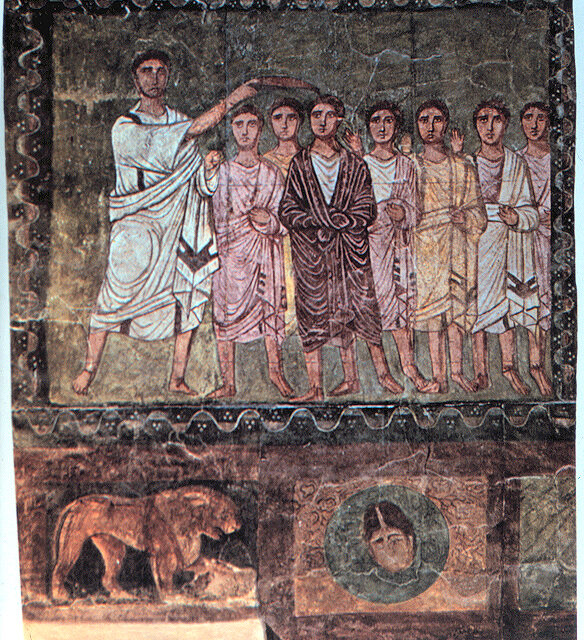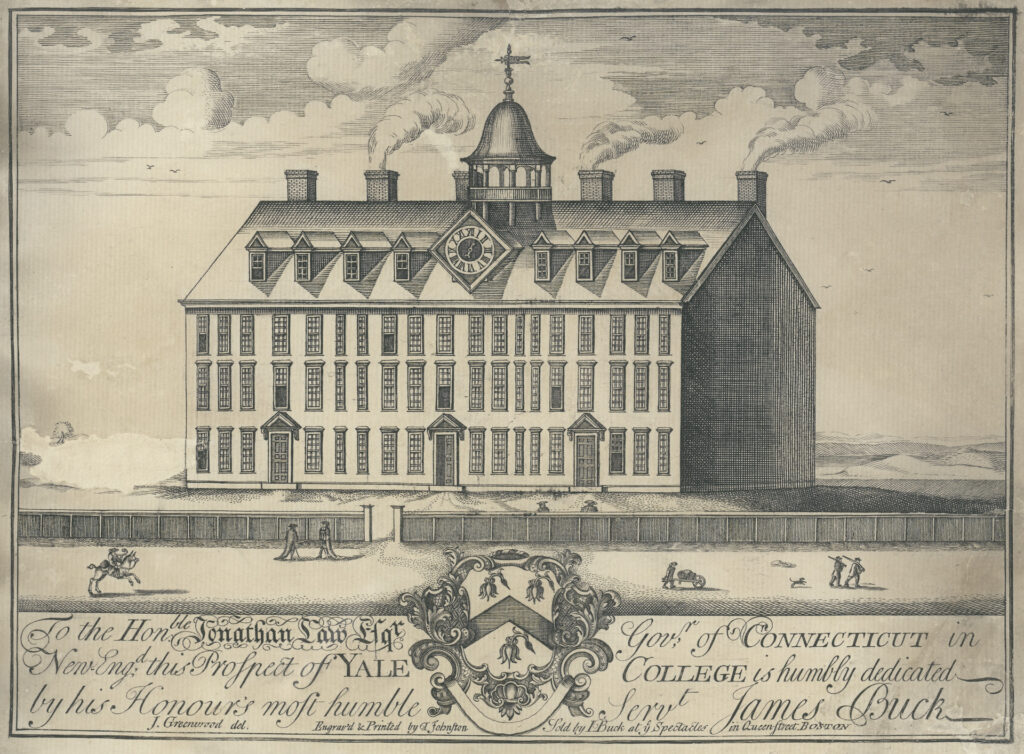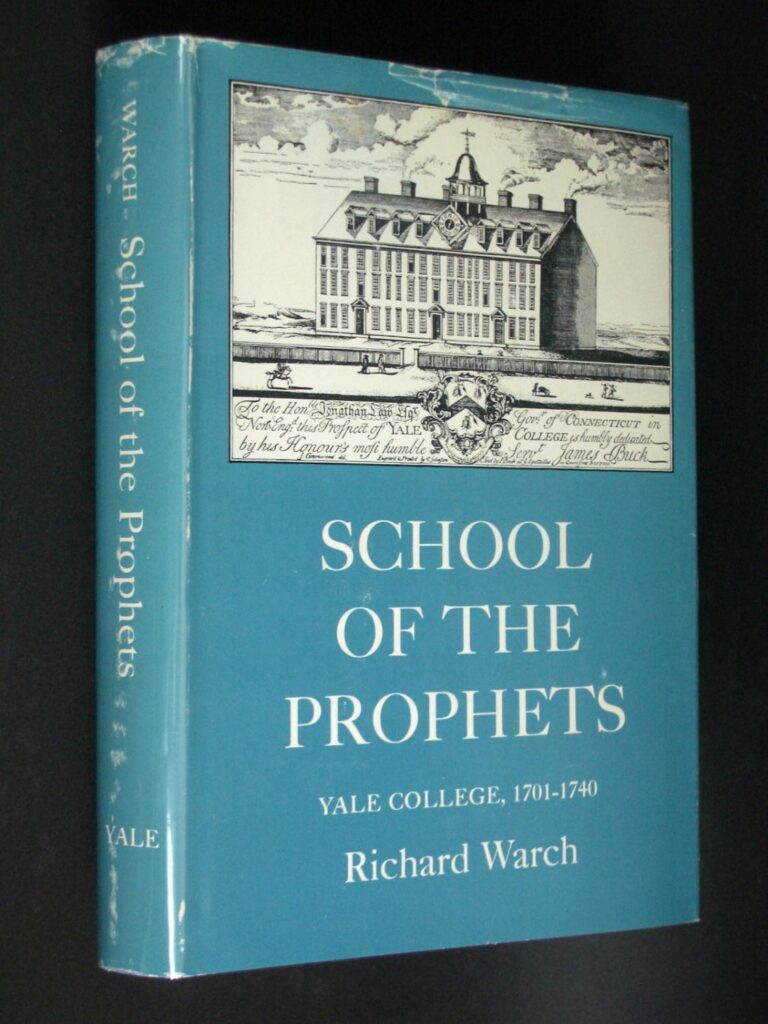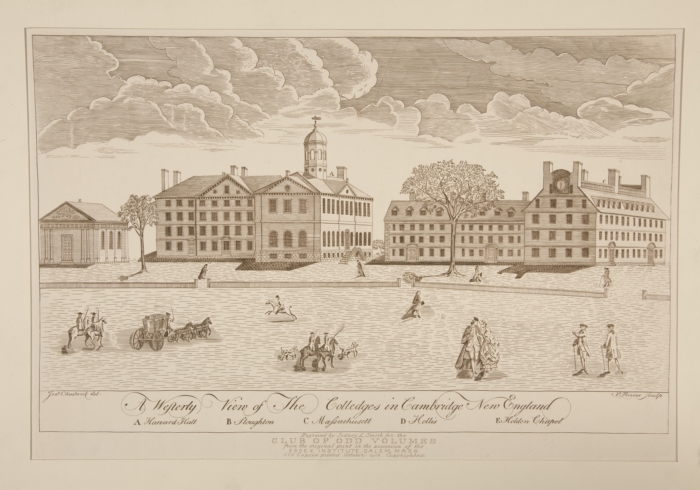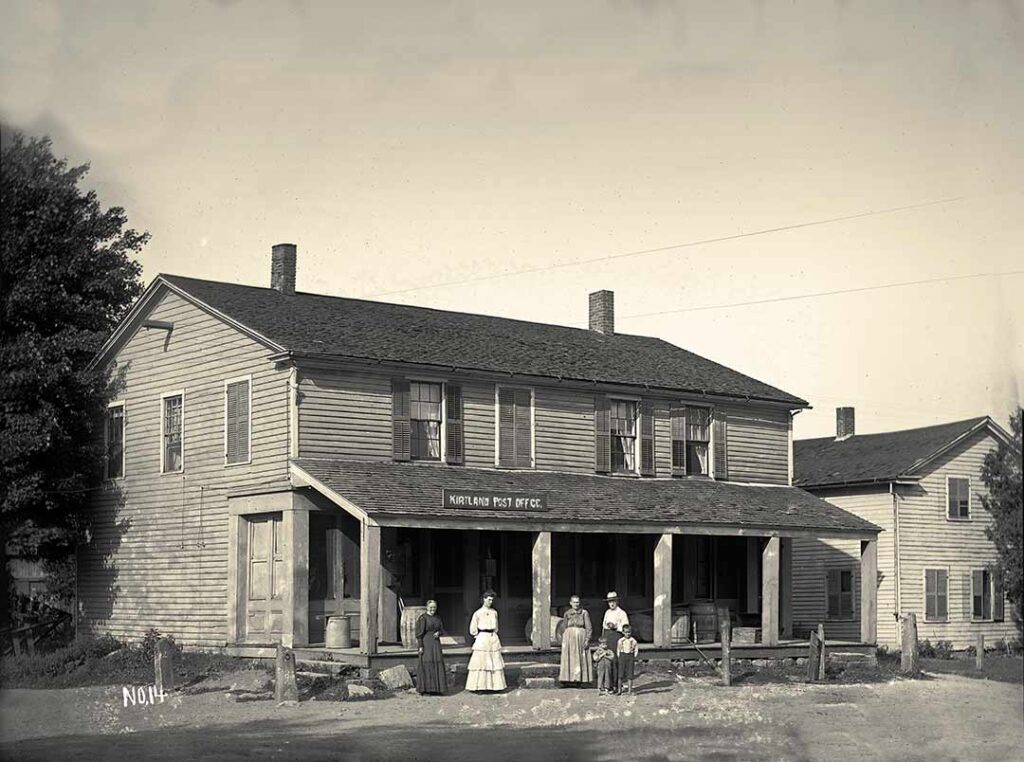After studying about parity covenants, I was doing a little research about Joseph Smith’s School of the Prophets. I thought the idea of the school was unique. But it wasn’t. I read an article in Mormon Historical Studies titled Schools of the Prophets: An Early American Tradition by Joseph F. Darowski. He explained that there were Schools of the Prophets, common in the late 1700s and during Joseph’s lifetime.
Private universities were established to teach theology, Hebrew, Latin, Greek, and the Old and New Testaments. The founders of these colleges used the term Schools of the Prophets. As these universities began to add too many other subjects, Congregationalist and Presbyterian clergymen began to start their own Schools of the Prophets. Of course, Joseph Smith’s School of the Prophets was a little different, but this idea of teaching or preparing young men so they could go out into the world and be good clergymen was a common goal during the Great Awakening.
Yale and Harvard Schools of the Prophets
Yale University was a School of the Prophets. Founded in 1701, Yale College had the motto: Light and truth [אורים ותמים (Hebrew; ʾÛrîm wə-Tummîm)].
And Harvard was a School of the Prophets, started in 1636.
Harvard still has a Divinity School (though they obviously dropped the title School of the Prophets.) In the Spring semester of 2020, they offered a course called Mothers, Diviners, and Prophets: The Religious Lives of Women in the Hebrew Bible and Ancient Israel. Back in the early days, women were definitely excluded from studies and as students. In hindsight, I wish I had applied to Harvard when they started accepting women — I really wasted my highschool 4.0 on my first college (but chose wisely starting my second year at Occidental College.)
Schools of the Prophets started by Clergy
In Somers, Connecticut, during the 1790s, Yale-trained Reverend Charles Backus started a School of the Prophets. He trained about 60 ministers, some of who became the future presidents of Hamilton, Williams, Amherst, and Middlebury colleges. Jonathan Edwards (1703-1758) (probably an ancestor to my husband through his mother’s side) preached strong hell and fire discourses, of which he became famous, and several generations later, my mother-in-law rebelled from the strict Congregationalists and all organized religion.
So this was an early American tradition — Schools of the Prophets and the Great Awakening. (It’s funny how in history we have all these awakenings –even now, people use the term of “awake” or “woke”)
Many of the originators of these schools of the prophet claimed that this was a Biblical tradition based on scriptures, but when I read through the verses, it did not convince me (see 1 Samuel 10:11; 19:19–20; 2 Kings 2:3, 5; 4:38; 6:1). Though, I believe that men and women throughout time have been tutored by the spiritually intuned.
John M. Bradford, in an 1813 address to the Board of Superintendents of the Theological School of the Reformed Dutch Church in New Brunswick, New Jersey, observed: “We perceive . . . from various parts of the scriptures, that there were . . . whole colleges, or schools of persons, who were collected and educated for the service of God. The sons of the prophets . . . were young men of reputed piety and talents who were collected and put under the instruction and discipline of eminently wise and holy men, that they might be fitted for the service of God in his church.” He added, “The origin of these prophetical institutions is not distinctly and clearly exhibited in the scriptures. They are ascribed with a great degree of probability to Samuel, as their founder and president.”3 (Darowski)
Joseph Smith’s School of the Prophets
Joseph Smith established the School of the Prophets on the 23rd of January 1833 in Kirtland, Ohio, in the upper room of the Newel K. Whitney store. They were to study sacred as well as secular subjects.
…you shall teach one another the doctrine of the kingdom. Teach ye diligently and my agrace shall attend you, that you may be instructed more perfectly in theory, in principle, in doctrine, in the law of the gospel, in all things that pertain unto the kingdom of God, that are expedient for you to understand; Of things both in heaven and in the earth, and under the earth; things which have been, things which are, things which must shortly come to pass; things which are at home, things which are abroad; the wars and the perplexities of the nations, and the judgments which are on the land; and a knowledge also of countries and of kingdoms (D&C 88:77-79)
Schools of the Prophets were colleges dedicated to the study of many subjects, including theology, preparing young men for the ministry.
References:
Darowski, Joseph F. (Spring 2008), “Schools of the Prophets: An Early American Tradition” (PDF), Mormon Historical Studies, 9 (1): 1–13.
https://www.josephsmithpapers.org/topic/school-of-the-prophets

